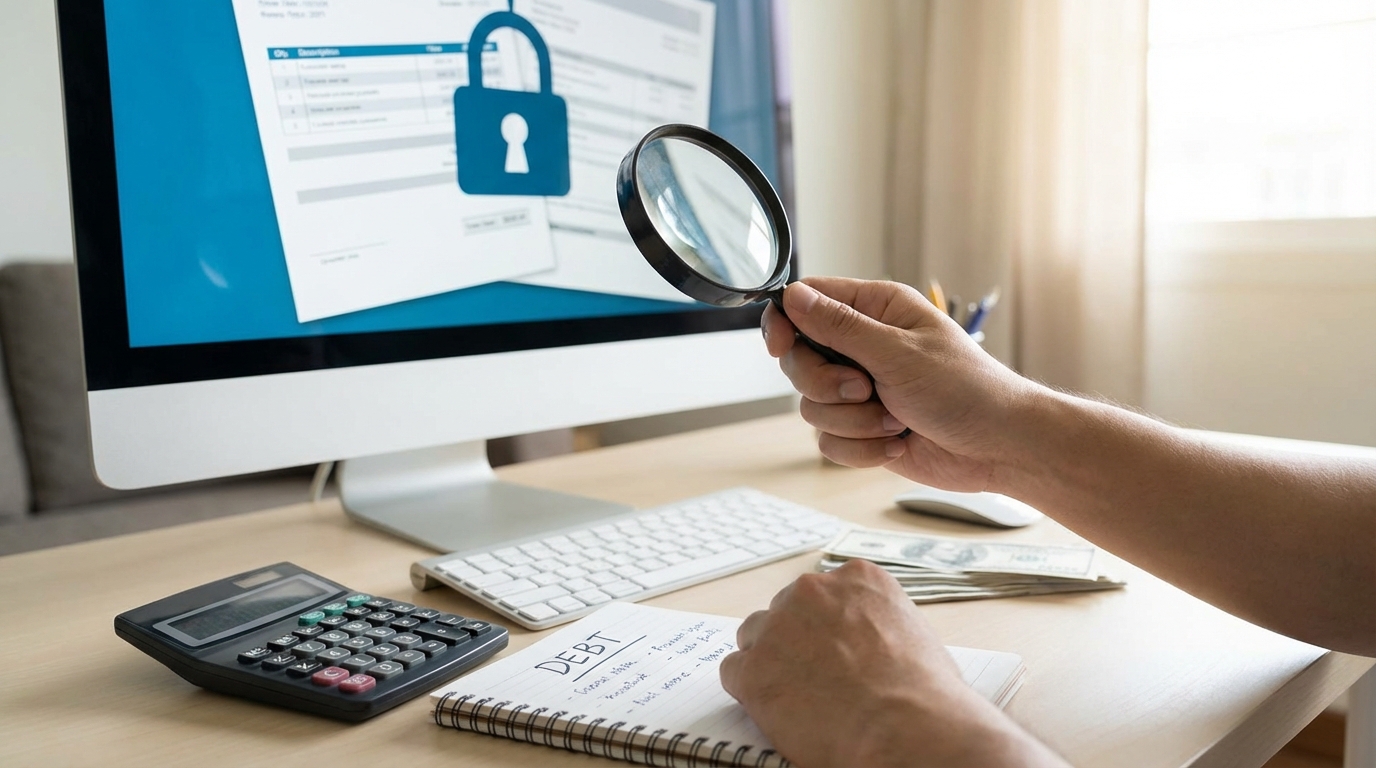For many people who are considering filing for bankruptcy or have already started the process, the prospect of the 341 meeting is the most daunting part of going through a bankruptcy. It can conjure up images of sitting in a dark room with a single light bulb above your head as you’re interrogated in front of a bunch of strangers about the intimate details of your finances.
We promise it’s nothing that dramatic! The unknown is often frightening so let’s take a look at exactly what happens at a 341 meeting. When you know what to expect, the whole process will be a lot less scary.
What is a 341 Meeting?
A 341 meeting is sometimes called the meeting of creditors. The name comes from section 341 of the bankruptcy code.
A 341 meeting is held so the trustee (court-appointed over-seer of your bankruptcy) and creditors can ask you questions under oath about your assets, liabilities, and other financial matters related to your Chapter 7 bankruptcy case.
Basically, the meeting is held to verify your identity (you’re required to bring two forms of official identification to help prevent fraudulent filings) and to verify that the information in your bankruptcy documents is complete and accurate.
The meeting will take place about a month after you file for bankruptcy. The court will send you a notice letting you know the date, time and place of the meeting and provide the name and contact information of the trustee.
The notice will also include relevant information including the filing date and case number of your bankruptcy (something you’ll need in order to complete your debtor education course).
What to Bring to a 341 Meeting
Bring valid photo identification and your Social Security card. You’ll also need a copy of your bankruptcy forms and your paystubs from the previous 12 months. The trustee may also request that you bring additional documents.
Who is at a 341 Meeting?
There is no judge at the meeting. Rather the meeting is presided over by the trustee. All of your creditors are invited to the meeting but very rarely attend. Occasionally an angry ex-business partner or spouse will attend but it’s very unlikely that your credit card or mortgage companies are going to be there. Other filers will be having their meetings just before or after yours so there will be strangers unrelated to your case observing the proceedings.
What Happens at a 341 Meeting?
When your case number is called, you’ll be called to the trustee’s desk where he or she will ask you questions under oath after you provide proof of identification. The role of the trustee at this meeting is to confirm that the information you provided in your bankruptcy documents is accurate.
Because under Chapter 7 the trustee can sell your nonexempt assets and use the funds to pay your creditors, most of the questions will be about your assets. If you have a bankruptcy lawyer, he or she will contact the trustee and work out any issues before the meeting occurs.
If there are any of your creditors at the meeting, they are allowed to question you as well. The questioning cannot go on at length due to time constraints so if a creditor questions you, it will usually be in regard to the kind of assets you have and their location. They may also ask more general questions about your finances.
If a creditor does take the time to attend the meeting, they are often there to gather information to decide if they should bring an action against you disputing the discharge of their particular debt.
The End of the 341 Meeting
The trustee will end the meeting after you’ve been questioned if you are not required to provide any additional information or documentation. If the trustee concludes the meeting, you will not be required to attend another meeting and you’ll receive your discharge once you’ve met all of the other requirements of the entire bankruptcy process.
If a creditor wants more time to question you or if the trustee requires more information from you, he or she typically schedules another meeting to give you time to prepare. If there are no further questions but you do need to provide more documentation, the meeting may be canceled if you provide that information to the trustee in a timely, complete manner.
It Will Be Over Fast!
We hope this demystifies the process of a 341 meeting for you. Perhaps the worst part is the thought of being questioned in front of other filers waiting for their own hearings. But of course, you’re all in the same boat so it’s unlikely they’re judging you too harshly.
And if you’re still really nervous, take comfort in the fact that most 341 meetings last less than 10 minutes. You’ll be in and out before you know it.








